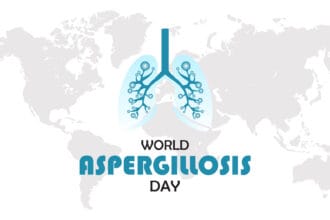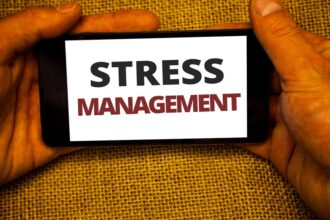Sadness is a very common human emotion, and something that we will all feel on a fairly regular basis.
Intense sadness can often follow a life altering event, such as the death of a loved one, but being sad doesn’t necessarily mean you have depression, there are some significant differences between the two.
Sadness
Feeling sadness is normal, but that doesn’t mean that it’s not an intense emotion that can make you feel awful.
Sadness can feel as if it is taking over every aspect of your life, as if you always feel sad, but, there will be moments when you feel better, being with other people can make you feel better, and the pain will fade over time.
Symptoms of Depression
Clinical depression is a mental health disorder, also called a mental illness, that does not get better on it’s own.
There are many symptoms of depression, and not all will be listed here, but some of the most common symptoms are;
- Feel down, sad, or hopeless most of, or all of the time, and you are unable to picture a time when you will feel better.
- Lethargy. This includes a change in sleeping patterns often including being unable to sleep at night and sleeping in the day, and not wanting to do activities you previously enjoyed, having no enthusiasm for them.
- Over eating, or not eating as much as you used to.
- Having trouble concentrating on one task, such as working, or reading a book.
- Feeling guilty about almost anything, and feeling as if you are not worth anything.
- Feel suicidal or self-harming.
A depressive episode can feel never ending, and as if things will never get better, but there is help available.
Who Can Get Depression?
Anyone can develop depression; millions of people live with mental health disorders. It’s estimated that one in four people in the USA are living with one right now, and the most common one is depression. So, the chances are that several people you know have depression, they just don’t talk about it.
There are lots of factors as to why some people develop depression and others don’t, and the reason is not always clear.
There seems to be a link between family members having mental illness, so if a mother or father has a mental illness, there is a chance their offspring will develop it at some point, but this is not always the case.
Childhood trauma is often talked about, but experiences in our childhoods have a profound effect on our adult lives.
Low self-esteem, and not having a solid support system around you can lead to feelings of loneliness and depression.
There are many risk factors linked to developing depression, which are often discussed during therapy sessions.
Depression is often called an ‘invisible illness’, meaning that there are no outward signs that someone is living with it, so just because someone’s life looks ‘perfect’ from the outside, they may also be struggling. Depression can affect quite literally anyone, from any background and any walk of life.
Talking to Your Doctor
Depression can often take several years to fully manifest, so you may be dealing with feeling progressively worse, until one day you realize you don’t remember the last day that you felt happy.
It is never too soon to get help. Don’t feel embarrassed at talking to your doctor. Depression is a much more widely accepted illness now, and there is more understanding, and more treatments for this illness.
Many people with depression will feel that they are not worthy of getting better, this is simply not true, and this is all part of the condition. As you start to feel better, your self-worth will rise.
Your doctor will talk to you at length about your symptoms and your history, for this reason, it’s often worth booking a longer appointment, as you don’t want to feel rushed.
Your doctor may want to take some blood tests, or other tests to check your overall health before making a formal diagnosis.
Treatments
There is not only one treatment for depression, your doctor will talk to you about lifestyle changes, such as taking more exercise, trying to do things that you used to enjoy, and spend time with people that make you feel better about yourself, and who you feel secure with.
Medication will also probably be suggested. Often, people are worried about medication, as historically medication for mental health has been addictive and had unwanted side effects. However, pharmacology has come a long way, drugs these days have less side effects, and there are many that are not addictive.
Therapy or counselling is essential with depression. Talking to a trained therapist can really help identify your triggers, and change your thinking about yourself. Talking to someone neutral can be incredibly freeing.
If you are considered a harm to yourself, or others, for example you are feeling suicidal, then a doctor may suggest a stay in hospital to get you some more intensive treatment. Don’t be scared of this, the medical team is there to help you, and they want you to get better.
Life with Depression
Many people with depression will live with it for the rest of their lives, this may sound hopeless, but it’s not.
Learning to manage it so that it doesn’t take over your life is important and adjusting your lifestyle so that you don’t get to the lowest point again, whether this be with exercising, or getting your daily life into a steady routine.
This doesn’t necessarily mean that you’ll be on medication for the rest of your life, but if you are, then that is perfectly ok.
Some people with depression recognize when their symptoms are getting worse, and go back onto medication to get them through the worst part.
You are not alone with depression, many people have it and other long-term mental illnesses, and there are many support systems out there for you.
Be kind to yourself.










